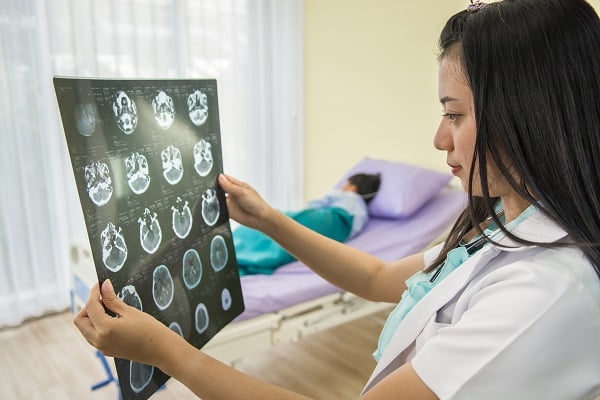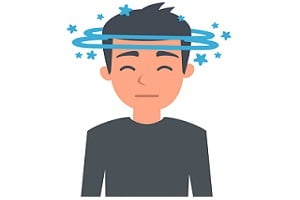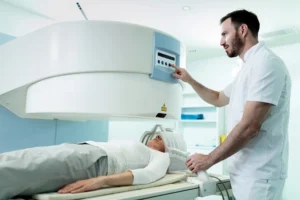Brain Injury Increases Your Chances of Getting Stroke
- Updated on: Jun 28, 2024
- 2 min Read
By
- Published on Sep 26, 2019

New research suggests that brain injury increases the risk of dementia and stroke using comparative analysis. People with no brain injury are found to have reduced risk of stroke. It was found that a head injury is linked with short-term cognitive impairment in some studies. Researchers are still trying to find out longer-term cognitive effects as a result of injury to the brain. Researchers assessed that people who have had a brain injury are at an increased risk of stroke within three months.
Brain injury occurs because of external physical force (blow or jolt to the head) that may produce a diminished or altered state of normal brain function. It may result from injuries such as falls, accidents, and casualty due to physical violence. Although, previous research has shown that brain injury can be allied with future development of epilepsy, Alzheimer’s disease, and other psychiatric conditions, association of the stroke with brain injury is studied recently.
Brain Injury and Stroke
To conduct this study, researchers used records from several databases. They examined the records of various patients who established a diagnosis of brain injury and compared them to people who did not had a traumatic brain injury. Each person was then monitored for a few years to identify whether they had a stroke.
In the three-month period of monitoring, researchers found that patients with traumatic brain injury had a stroke compared with those who didn’t had a traumatic brain injury. After one year down the line, the risk of stroke went down, but those who had a brain injury were still at considerably higher risk for stroke than those in the contrasting crowd;. They had about a 5 times higher risk compared to people who had not suffered any head injury. After almost five years, brain injury sufferers were more likely to have a stroke than those without such an injury. It was analyzed that people who had a brain injury due to the fracture in the skull bone were at higher risk for a stroke compared to the person who had a brain injury whose skull bone remained intact.
Inference of the study
After a comparative study and by analyzing various factors that may enhance risk of strokes, such as age, high blood pressure, high cholesterol and other disorders such as heart disease and the extremity of the trauma, the researchers found that people with brain injury were 30 percent more likely to develop a stroke than those with trauma with no brain injury.
The researchers stated that it is unknown how brain injury may impact the occurrence of strokes. However, they noted numerous possibilities, including the idea that a brain injury may damage the blood vessels in the brain, troubling the blood supply to the brain, which may lead to a stroke.












